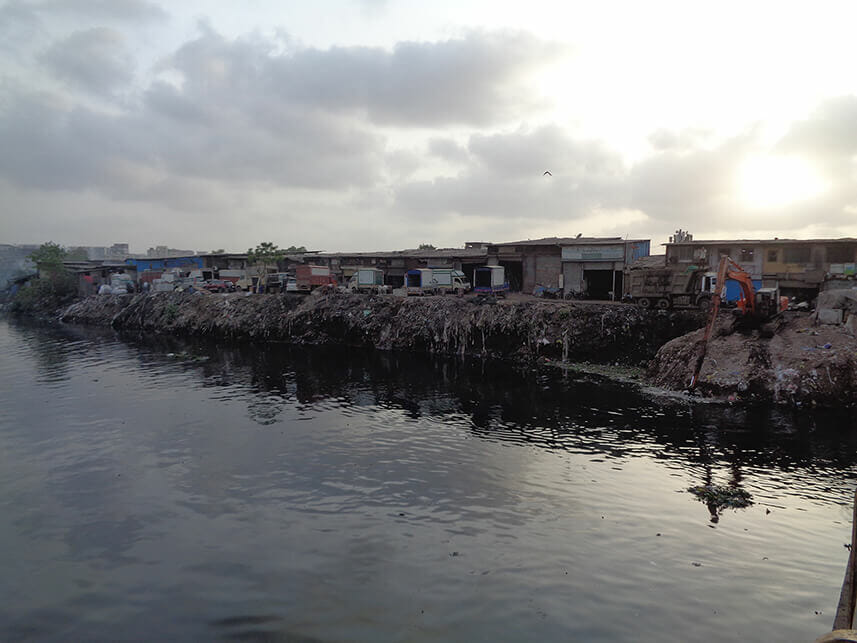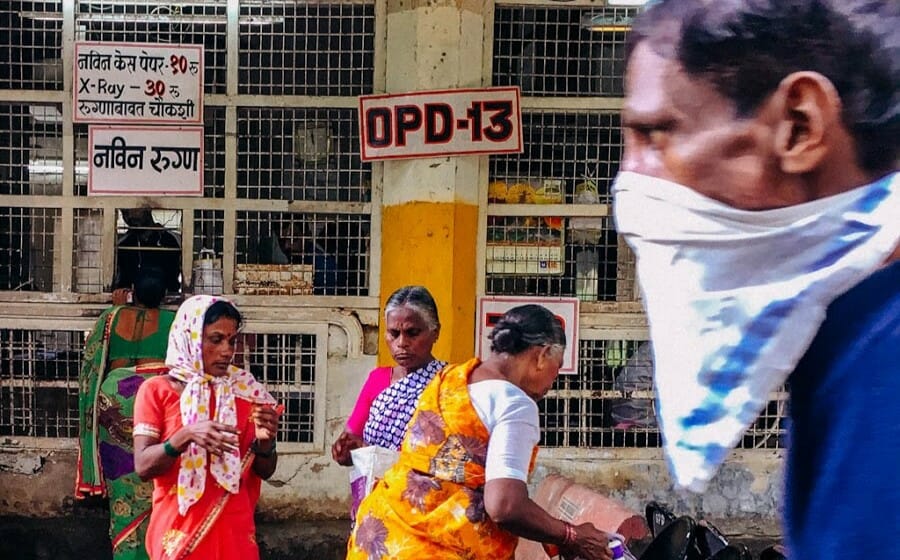Mumbai faces flood risks due to illegal dumping of debris along Mithi river
Several hundred trucks of debris have been deposited and remain uncleared along the east bank of Mumbai’s Mithi River. This has increased the chances of flooding coming monsoon in case of heavy rains. Brihanmumbai Municipal Corporation (BMC) officials believe that if the debris is not cleared soon, it will slide into the river and obstruct its flow.
BMC’s stormwater department has sought information from ward offices to stop the debris dumping. The K/E ward has informed the department that the dumping is outside its limits. Meanwhile, the S ward has written to authorities in Aarey Colony, stating that the location falls under their jurisdiction. Aarey CEO Subhash Dalvi has already filed two FIRs—in April and May—against unidentified persons for illegal dumping.
Source: Times of India

Traffic police release list of no parking zone for eastern suburbs
With worsening traffic conditions in the eastern suburbs, the traffic police identified illegal parking as the primary cause of congestion. The authorities have now released a list of areas in the eastern suburbs which would be strictly termed as ‘no parking zones’. The move comes after several locals complained about the traffic congestion in the locality.
The new zones, under Antop Hill Traffic Division, include Panchashil Nagar Nala, Arsh Hyundai Showroom, Godrej Coliseum Building Gate, and Sewree-Chembur Road (North bound).
Source: Mid-Day
CSMT tower clock undergoes repair works
Mumbai’s iconic 135-year-old tower clock, situated atop the main building of the Chhatrapati Shivaji Maharaj Terminus (CSMT), is currently undergoing repairs. The machine of the clock needs some repairs, which are expected to take at least a week to complete.
Additionally, the frame supporting the clock will also be repaired to ensure it can continue bearing its heavy weight. The tower clock weighs approximately 70 kg. Placed atop the historic building in 1888, the heritage clock has rarely stopped working, barring a few incidents. The last time it underwent significant repairs was in 2017 when a part of the tower clock detached and fell onto the building’s first floor. At that time, it took 15 days to complete the repairs.
Source: The Indian Express
Read more: How Mumbai has changed: An interview with veteran urban planner Shirish Patel
Rising temperatures can lead to neurological complications
Doctors in the city have warned of the dire impact of heat on health as temperatures continue to rise. Mumbai’s civic hospitals have reported approximately 8 to 10 cases of rare heat-related neurological complications. Medically known as cerebral venous sinus thrombosis, this condition involves the formation of blood clots in the major veins of the brain.

According to a report in The Indian Express, doctors suggest that dehydration may be one possible reason for an increase in the concentration of red blood cells, which can lead to the aggregation of red blood cells and platelets, resulting in the formation of blood clots. The condition may require surgery, and in some cases, it can lead to a stroke.
Source: The Indian Express
Mumbai’s temperatures to remain high next week
Mumbai will continue experiencing hot and humid temperature next week in the absence of any pre-monsoon activity. It is anticipated that the city may only experience pre-monsoon rains in the first week of June.
The maximum temperatures will range between 33 to 35 degrees Celsius, with minimum temperatures around 26 to 25 degrees Celsius. Additionally, humidity levels are expected to be around 70%. However, temperatures are projected to drop to 32 degrees Celsius after May 23.
It is worth noting that the arrival of monsoon has been delayed in the country, but this delay does not necessarily indicate slow progress or a delayed onset of the monsoon in Mumbai. The India Meteorological Department (IMD) generally expects the monsoon to arrive in Mumbai between June 10 and 12, which is considered the normal.
Source: Hindustan Times
Compiled by Eshan Kalyanikar